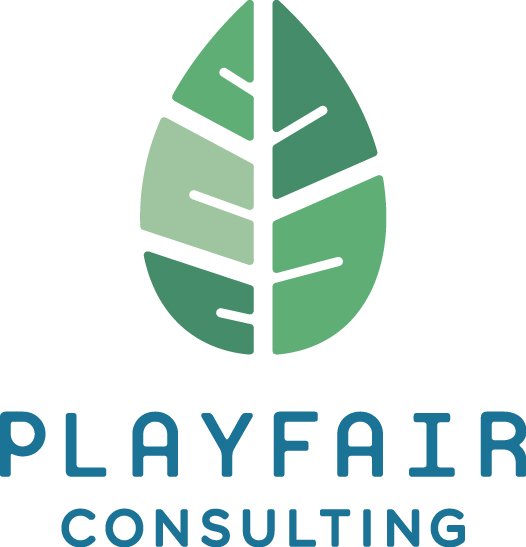Can a non-specialist therapist treat OCD?
YES - YOU CAN!
One of the most common questions I get from colleagues is whether clinicians who don’t specialize in OCD should be treating clients who have it. YES they can AND they have to know how OCD functions in order to treat the OCD component of that client’s suffering.
To dive right into the heart of this issue, let me give you a list of behaviors that we’ll talk about in a moment.
Providing reassurance to a client about their concerns and worries
Teaching clients to deeply tune into their emotions, thoughts, and feelings to discover meaning and depth
Emphasizing the importance of one listening to their intuition to make decisions on behavior
Encouraging clients to advocate for themselves in the medical system and get second and third opinions until they feel heard and safe
Directing clients to use their support network and lean on family and friends for reassurance between sessions
Teaching relaxation exercises in response to acute stress
Encouraging clients to set comfort boundaries and not participate in activities that cause them distress
For so many types of therapy, the above activities are 100% appropriate to helping a client cope. In the case of OCD, almost every activity above is contraindicated. Now, before you jump in and tell me I’m being a total jerk by not encouraging someone to “advocate for themselves in the medical system,” I want you to know that there is a lot of nuance in this work. Of course patients should advocate for themselves, but sometimes “advocating” looks like reassurance seeking from doctors who have legitimately ruled out a diagnosis, and the OCD/IAD is driving the sufferer to get a million opinions, resulting in harm.
Clinicians have to know how OCD functions and how to get clients to disengage in the OCD cycle in safe ways, to guide them to recovery and flexibility. You don’t have to be an OCD specialist to treat OCD but you do have to be OCD-competent to not do harm.
Do you have an evidence-based conceptualization for the client at hand, of how their OCD works and how to help them be more flexible about it over time? If so, go ahead and work with the client on OCD. If not, refer that person out to or get consultation from an OCD specialist.
